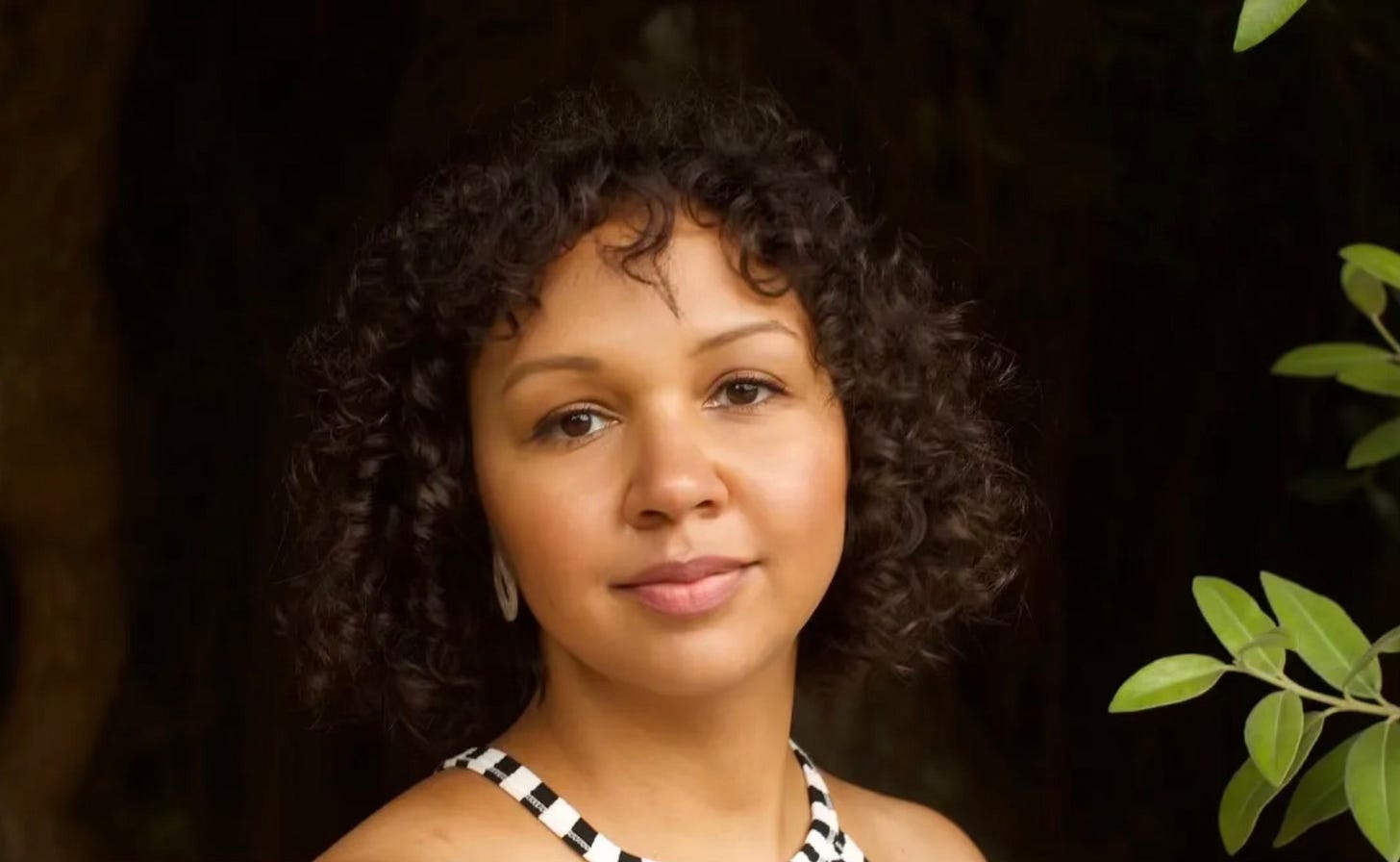Forget 'marriage material.' What about revolution material?
Myisha Battle, a feminist sex and dating coach, on looking for love while our systems fail us.
I’m often writing here about the cultural ephemera of heteronormativity—from slut-shaming on Love Is Blind to the TikTok trend of decentering men to viral videos calling marriage a form of sex work. These passing phenomena offer ways to critique and understand what’s going on right now with straight s…




